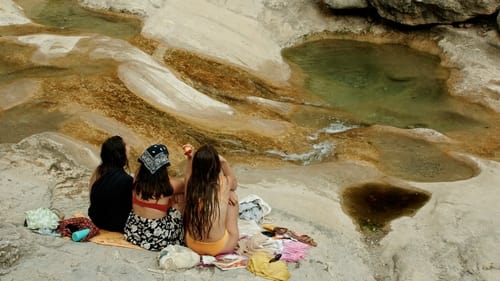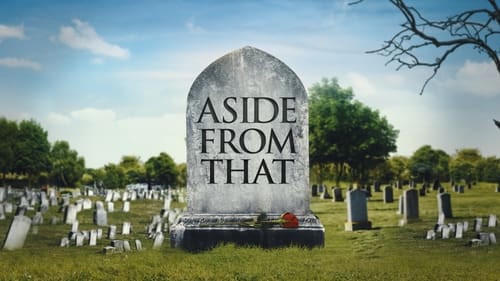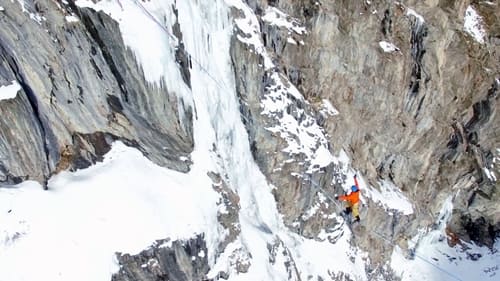Why Has Bodhi-Dharma Left for the East? (1989)
Genre : Drama
Runtime : 2H 24M
Director : Bae Yong-kyun
Synopsis
About three monks in a remote monastery; an aging master, a small orphan and a young man who left his city life to seek Enlightenment.

Clementine’s room is her haven and her safe space, but as the night goes on and her mind challenges her further, she must face her insecurities and leave the cocoon she has created for herself.

A government experiment named Sam is trapped on an island by himself. He tries to use his mind powers to escape.

8mm experimental film directed by Minoru Shinojima. Shot and edited by Kenji Onishi. For 40 years, Minoru Shinojima has been opposed to mining Mt. Buko and is striving to protect the natural environment and cultural ground that inhabit the local area. Idomu’s Testament - Sequel or IDOMU II. In Saitama prefecture Chichibu city there’s a mountain which was most loved by Tokugawa Ieyasu (founder of Tokugawa shogunate). It is Mount Buko, which rose 2 hundred million years ago when the pacific plate moved the underwater volcanoes around Hawaii. It is like the giant turtle shell where Myouken bodhisattva stood. A gentle mountain which heals people’s hearts and gives them the blessings of green and water.

A meditation on isolation through paint textures, video collage and sound

Three friends decide to isolate themselves in the mountain house of one of them to enjoy the last days of summer they have left. During these days in August, they take the opportunity to swim in the river, laugh a little and disconnect from the outside world. However, one night at a dinner table after having perked up with some beers, one of whom confesses that she was once sexually assaulted. As a result, they put in common unpleasant sexual experiences that they had never confessed, thus realizing that all of them, in one way or another, have been assaulted.

27-year-old German alpinist Jost Kobusch wants to climb Everest, alone, without oxygen and in Winter, when the roof of the world is deserted.

How do we live, knowing we are going to die? In search of answers, we probed the minds of atheists, Buddhists, Jews, Christians, physicians, philosophers, authors, academics, a legendary stand-up comic, and scores of random pedestrians.

Tom and Katie are looking for Harry. He is found by Monika and her father, but he can't remember anything. He has visited the fabled mountain that should be avoided as it is ruled by the Coppas tribe...

Tears of the Buddha: Spirituality and Emotions explores the spiritual path through the lens of emotion. Director Joel Lesko interviews modern Buddhistic teachers to find out how their teachings apply in daily life - are emotions an impediment to spiritual growth? What about so-called unspiritual emotions like anger and hate? Do emotions trap a seeker in the personal self? Tears is a serious look at an area of life that is often confusing and problematic for people in spiritual practices. Rather than another documentary about a teacher's enlightenment or awakening, Tears of the Buddha questions age-old teachings about emotions and leads to an important conversation about individual selfhood - is it real, or is it an illusion? Lesko shares his own experiences and interviews leading teachers including Gangaji, Eli-Jaxon-Bear, Jeff Foster, and others.

Inspired by the COVID 19 pandemics, a worried husband and father invents a professional family board game so he can strengthen the bonds of families in times of pandemics, but instead, he ends up locking his family members in separate rooms and creates “a board game for one”.

This documentary is the third part of The Yatra Trilogy created by John Bush. Vajra is the Sanskrit word signifying the thunderbolt of illumination, and yatra is the word for pilgrimage or spiritual journey. This film offers a cinematic pilgrimage to central Tibet, bearing witness to the indomitable faith of its endangered Buddhist community and the imminent threat to its very survival.

The protagonist is called Daphne, a young woman determined to escape from the metropolitan greyness and its ghosts, to go for a run in the green among the woods. She chooses the Abruzzo region, which meets her expectations above all from a naturalistic point of view, but during an excursion she ends up getting lost in the woods of the Majella. From here starts the story of how you try to survive, completely alone, until the experience becomes something else for her, a moment of transformation and catharsis, triggered by the mythical and spiritual inspiration of the nature she is encountering, and it will forever change the way you perceive yourself and the world.

A séance proves a ghost compelled a spiritualist to kill his rich father.

Alone in her apartment, Nemo learns to play games with her grief. She cooks; she does her makeup; she knits a sweater that never ends. Meanwhile, the destruction of the world outside looms, threatening to encroach on this inner life.

A journey into the interior of garbage, contemplated as a phenomenon of the human spirit, and not only as a product of human action. This essay-documentary, inspired by modern chaos theory, transits between the reality of statements and the surrealism of poetic images, seeking to integrate the conscious and unconscious life of the human mind. Apparently simple phenomena hide very complex behaviors. Maybe garbage is all that we don't want to see


Three friends decide to isolate themselves in the mountain house of one of them to enjoy the last days of summer they have left. During these days in August, they take the opportunity to swim in the river, laugh a little and disconnect from the outside world. However, one night at a dinner table after having perked up with some beers, one of whom confesses that she was once sexually assaulted. As a result, they put in common unpleasant sexual experiences that they had never confessed, thus realizing that all of them, in one way or another, have been assaulted.













